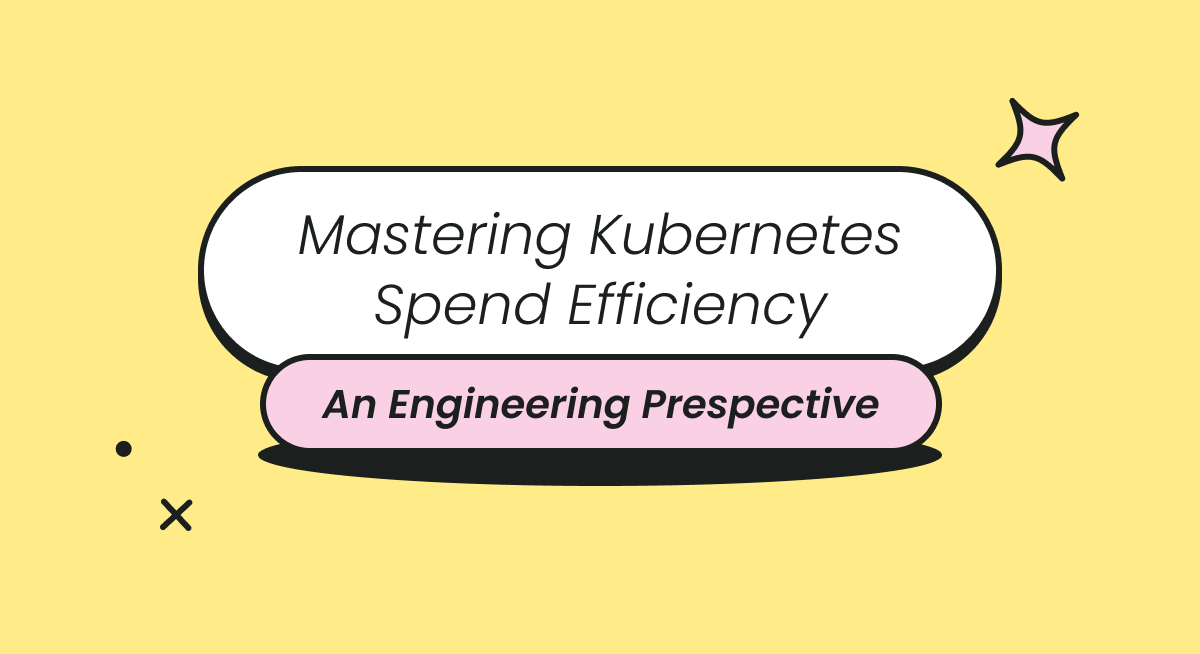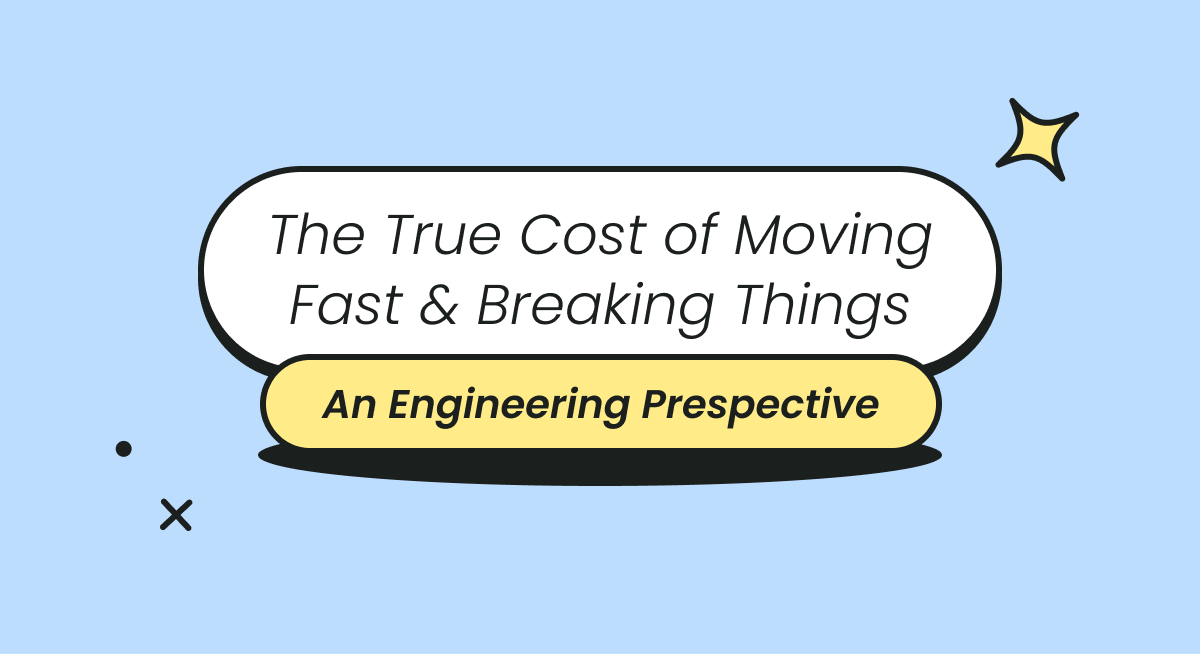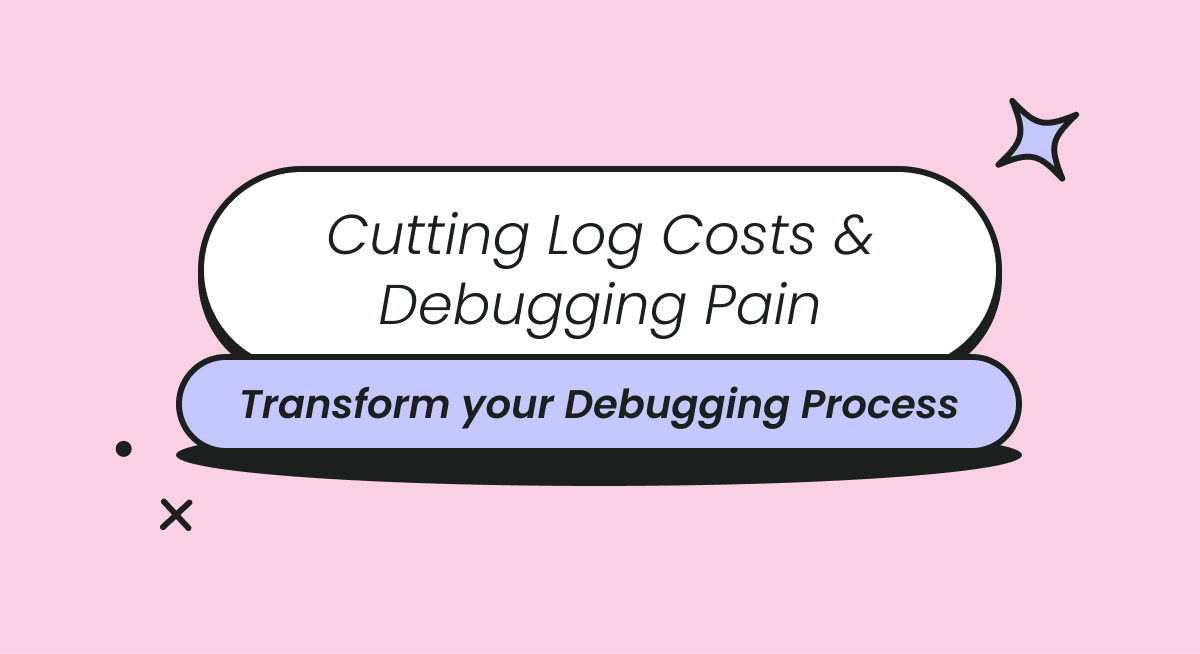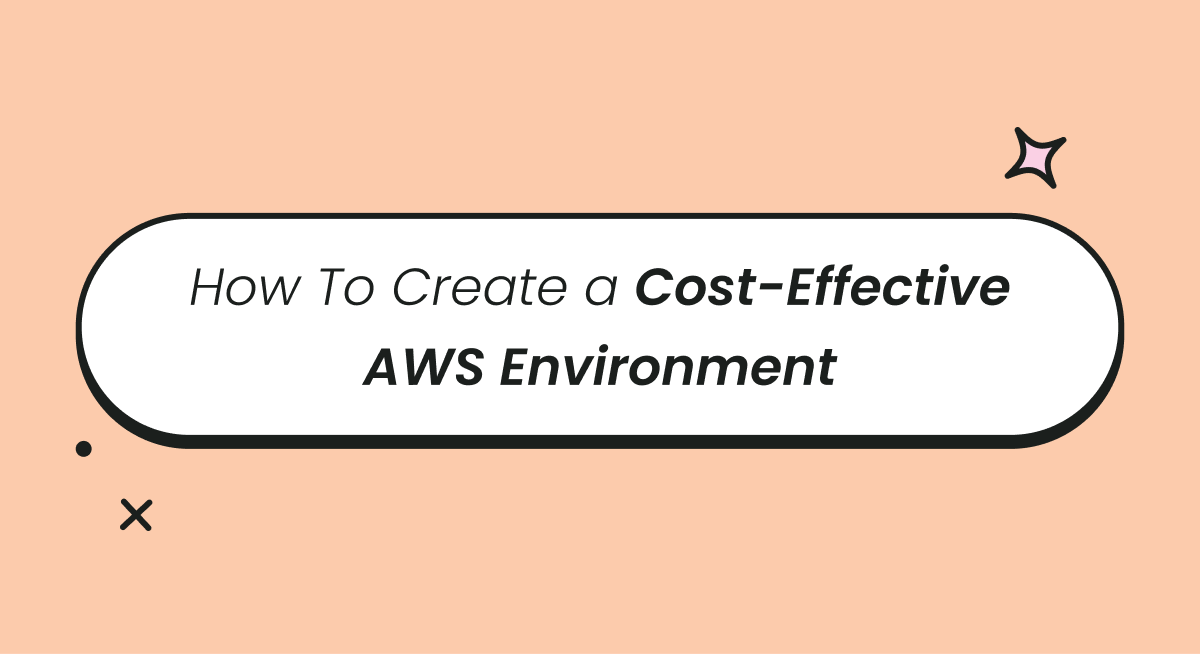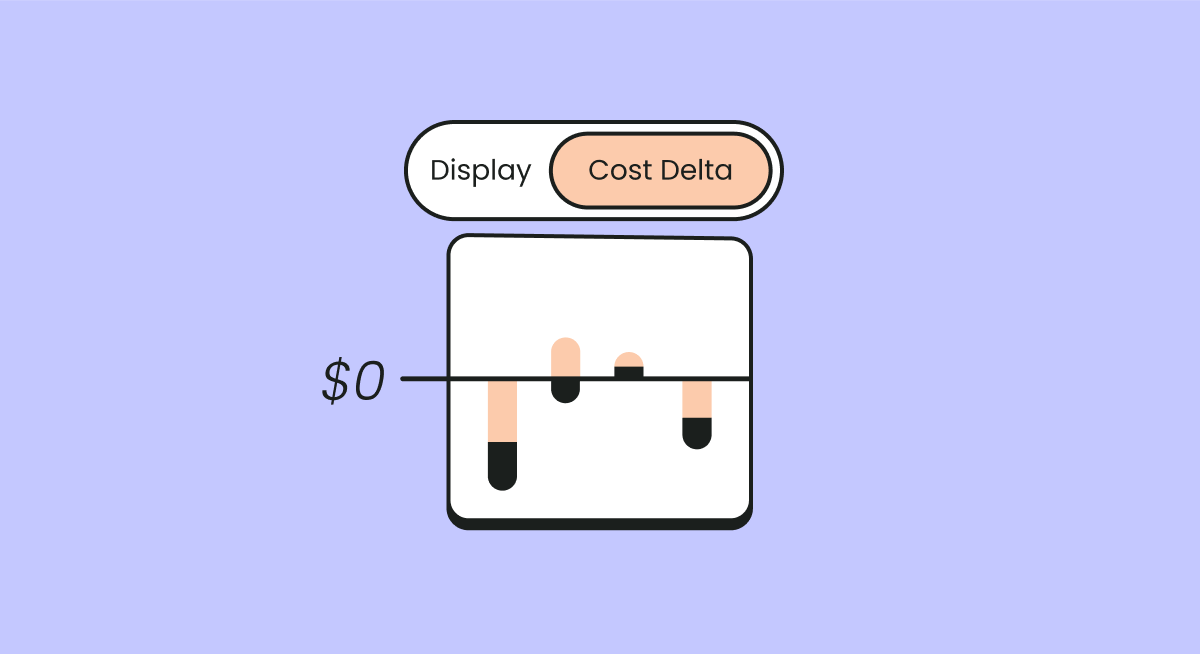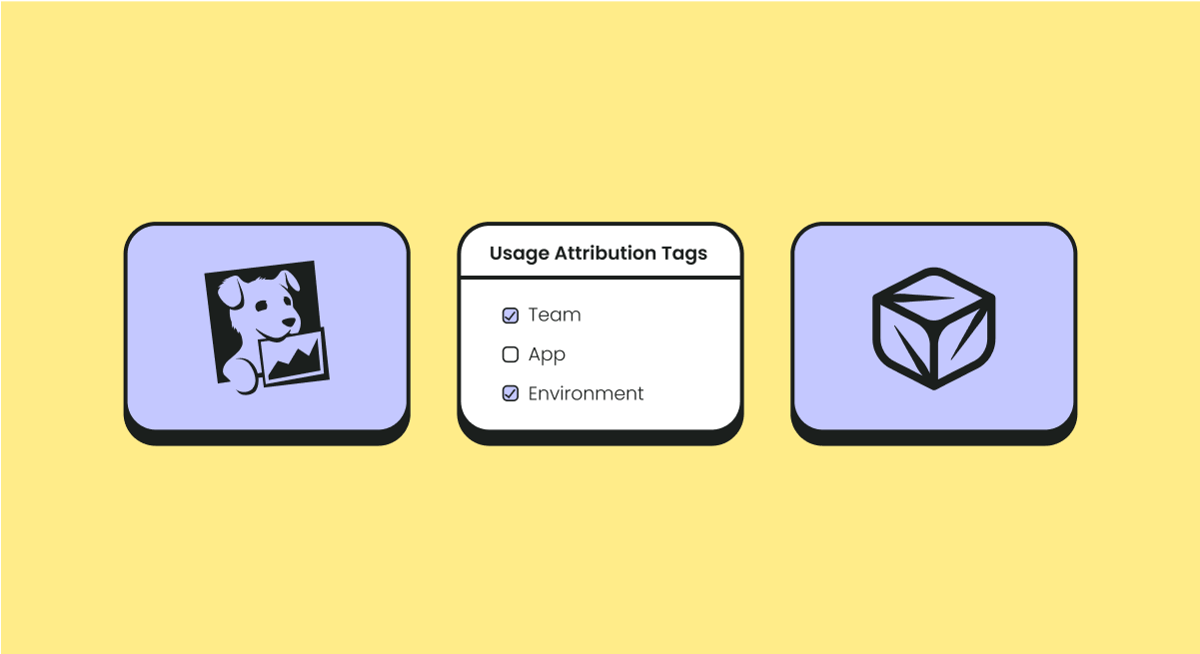
When it comes to selecting a cloud computing platform, businesses are faced with several powerful options, each with its own unique advantages and capabilities. Amazon Web Services (AWS), Microsoft Azure, and Google Cloud Platform (GCP) are three of the major players in this space. The choice among them should align with your specific needs such as scalability, integration capabilities, and the level of technical support required.
Detailed Introduction to AWS, Azure, and Google Cloud
Google Cloud Platform (GCP), crafted by Google, is built on a robust infrastructure that supports enormous-scale applications like Google Search and YouTube. GCP excels in high-compute capabilities, offering services in computing, storage, networking, and machine learning. It is particularly beneficial for projects that demand cutting-edge technologies for data analytics and machine learning, making it a favorite among industries that innovate at a rapid pace.
Amazon Web Services (AWS) is the market leader and the most comprehensive cloud service provider, offering a plethora of services from its global data centers. Launched as a subsidiary of Amazon.com, AWS provides scalable solutions across computing, storage, networking, and databases. Its extensive service array is designed to cater to a wide range of organizational needs, from startups to large enterprises, including the public sector. AWS is renowned for its reliability, scalability, and security, maintaining its position at the forefront of cloud technology.
Microsoft Azure, known simply as Azure, is Microsoft's public cloud computing platform. It offers a broad range of cloud services, including solutions for computing, analytics, storage, and networking. Azure integrates deeply with Microsoft's existing tools and software, such as Windows Server, SQL Server, and Exchange, making it an ideal choice for organizations that rely on Microsoft products. Its hybrid cloud capability allows businesses to seamlessly extend their on-premises infrastructure to the cloud, facilitating a flexible and scalable IT environment.
Key Features and Services Offered
- AWS offers a vast range of services, including Elastic Compute Cloud (EC2) for virtual servers, Simple Storage Service (S3) for object storage, Relational Database Service (RDS) for managed databases, and Lambda for serverless computing.
- Azure provides services such as Virtual Machines (VMs), Blob Storage for object storage, Azure SQL Database for managed databases, and Azure Functions for serverless computing.
- Google Cloud offers services like Compute Engine for virtual machines, Cloud Storage for object storage, Cloud SQL for managed databases, and Cloud Functions for serverless computing.
All three cloud providers offer additional services like AI and machine learning, big data analytics, networking, and security.
It is important to evaluate the specific features and services offered by each provider to determine which one aligns best with your business requirements.
Pricing and Cost Comparison
AWS, Azure, and Google Cloud have different pricing models, and it can be challenging to compare their costs directly:
- AWS offers a pay-as-you-go model, with additional savings through Reserved Instances and Savings Plans for long-term usage, and Spot Instances for cheaper, unused capacity.
- Azure uses a pay-as-you-go model, with options for reserved pricing that can significantly reduce costs. Azure Hybrid Benefit allows cost savings for users with existing Microsoft licenses.
- Google Cloud is known for straightforward pricing, it provides automatic sustained-use discounts for continuous use and Committed Use Discounts for longer commitments.
To determine the most cost-effective option, it is essential to analyze your specific workload, usage patterns, and required services.
Evaluating Scalability, Performance, and Security
All three cloud providers offer scalability and high-performance capabilities.
- AWS provides auto-scaling features that allow you to automatically adjust resources based on demand. It also offers services like Elastic Load Balancing and Auto Scaling Groups for improved performance.
- Azure provides auto-scaling capabilities through its Virtual Machine Scale Sets and Load Balancer. It also offers Azure Functions for serverless scaling.
- Google Cloud offers auto-scaling features through its Managed Instance Groups and Load Balancing. It also provides Cloud Functions for serverless scaling.
When considering scalability and performance, it is crucial to evaluate your specific workload requirements and choose the provider that can meet them effectively.
On the security front, all three platforms adhere to the highest industry standards for data protection and regulatory compliance, such as GDPR and HIPAA. They each offer sophisticated security features like network security, encryption, identity and access management, and comprehensive compliance certifications to ensure that enterprise data is secure and well-managed.
How Finout Helps Manage and Reduce AWS, GCP, and Azure Cloud Costs
Finout plays a critical role in managing cloud expenditures by providing visibility into spending across AWS, Azure, and Google Cloud. Finout's FinOps tool offers real-time analytics, detailed reporting, and forecasting capabilities that help businesses monitor trends and manage budgets effectively. Additionally, Finout's Virtual Tag feature enhances cost allocation by allowing organizations to tag resources across multiple projects or departments. This feature facilitates more accurate and detailed tracking and reporting of cloud expenses.
Furthermore, Finout suggests practical cost-saving measures and optimizations, such as reducing idle resources or shifting to more cost-effective configurations, thereby helping companies maximize their cloud investments.
Conclusion
Choosing the right cloud provider—AWS, Azure, or Google Cloud—depends largely on your specific business needs and technological requirements. Each platform offers unique advantages, whether it’s AWS’s extensive services, Azure’s Microsoft integration, or Google Cloud’s superior analytics capabilities. For effective cloud cost management, tools like Finout are indispensable, providing the insights needed to optimize spending and enhance overall cloud strategy.
